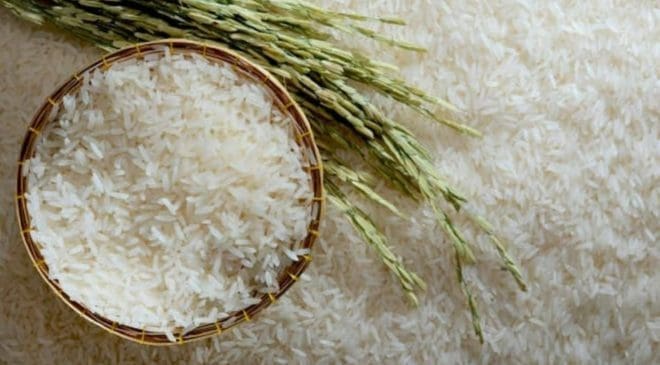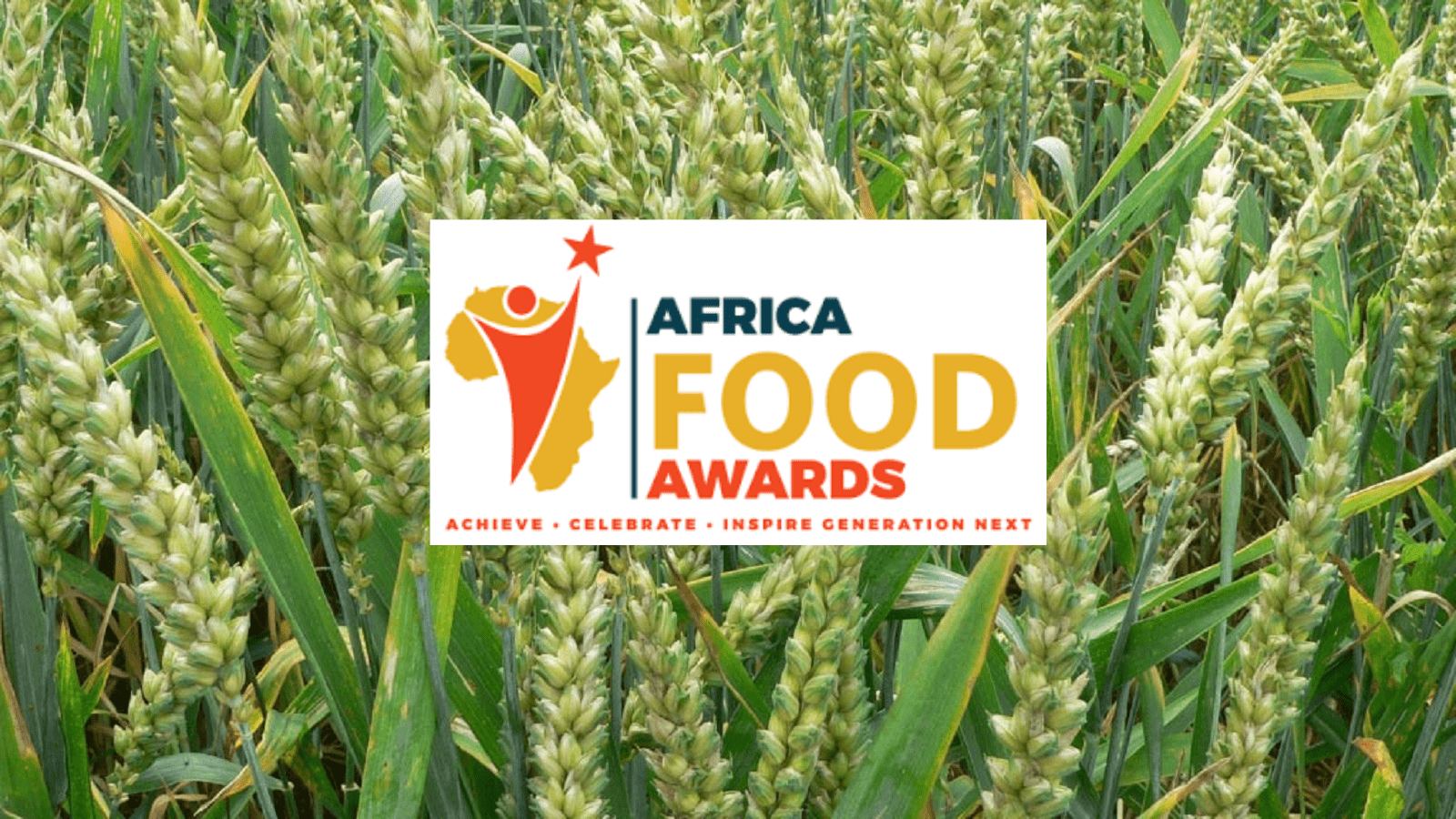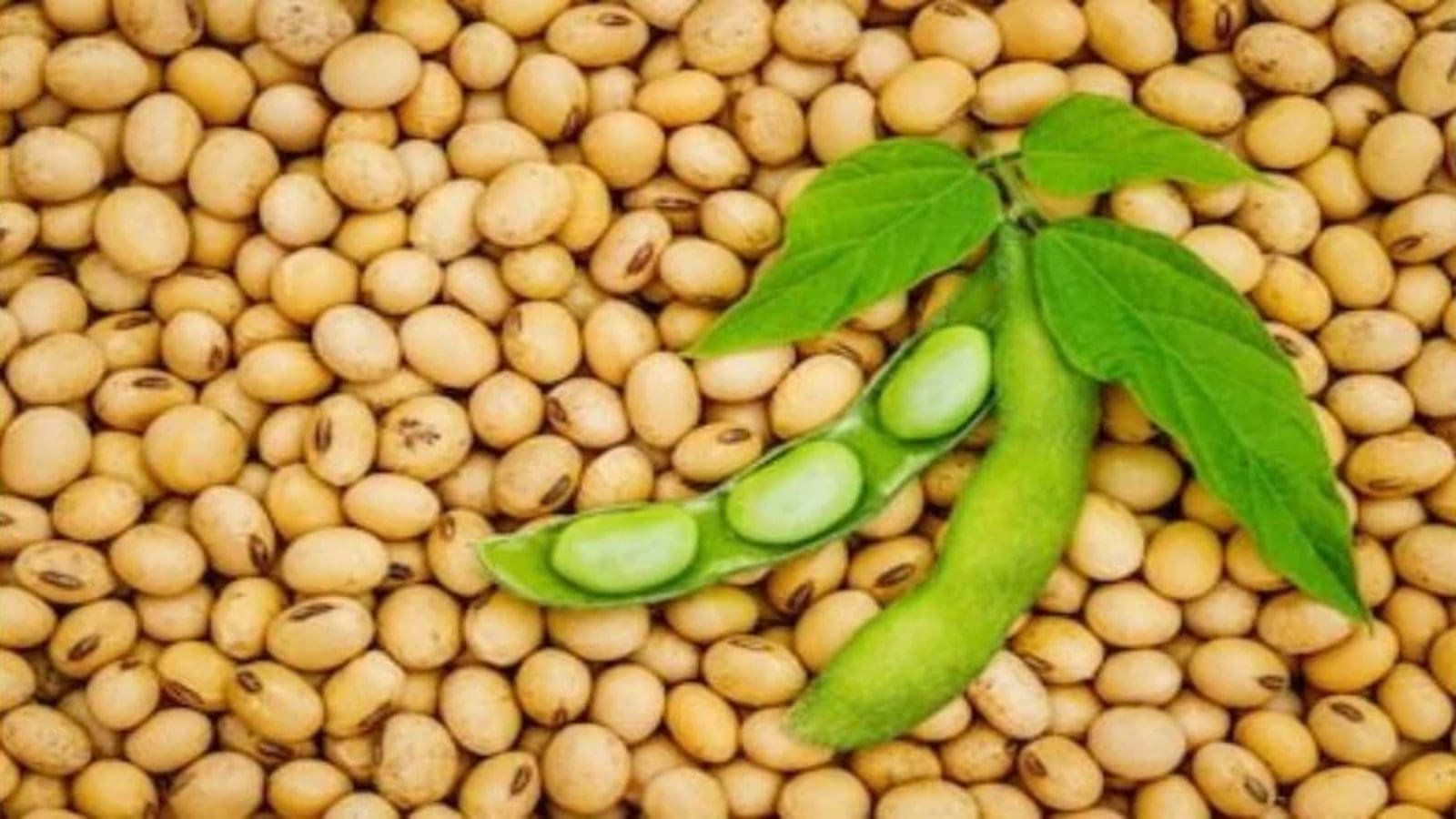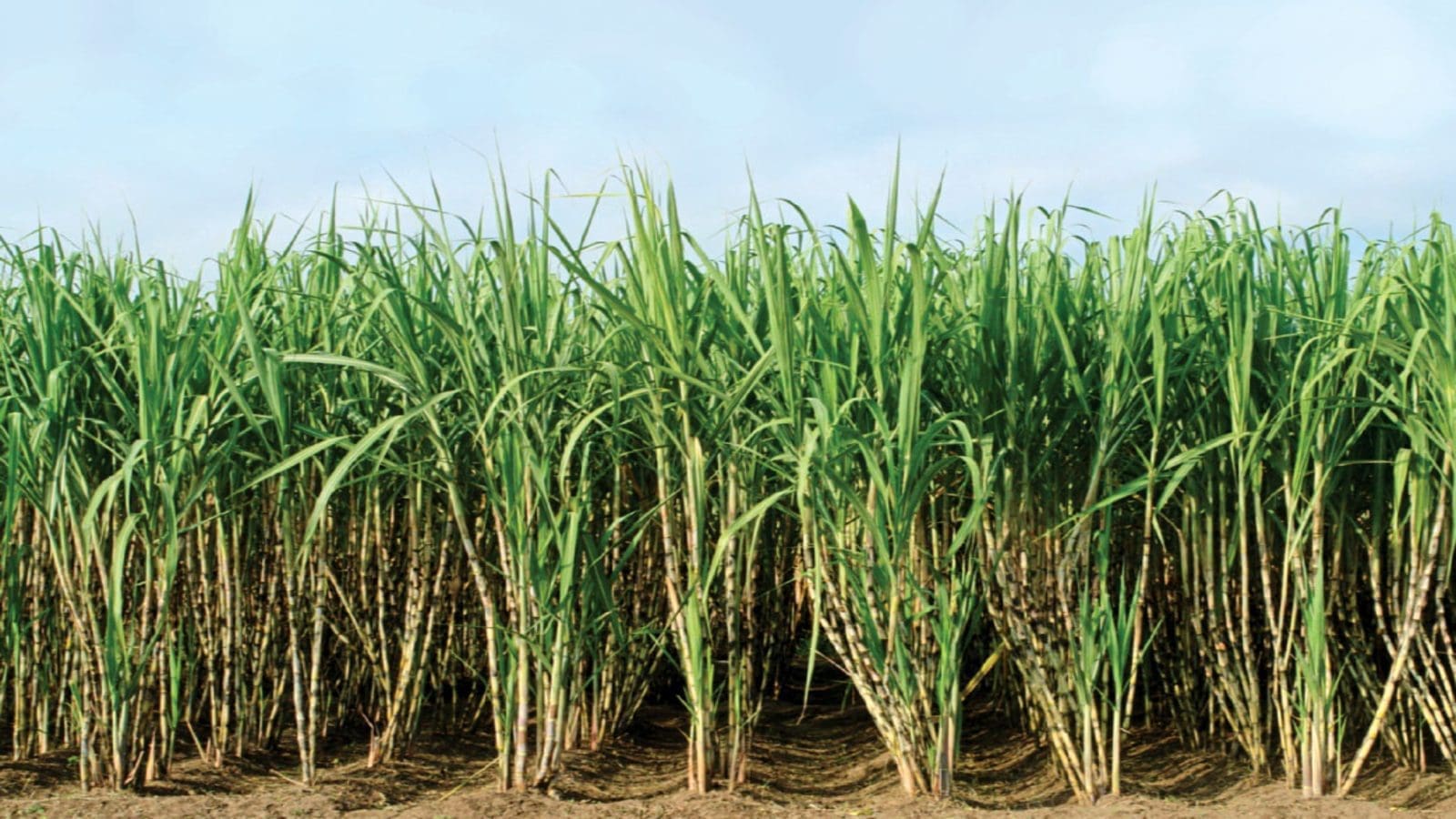KENYA – The Kenyan Bureau of Standards (KEBS) is working with researchers and industry players to tame rising cases of fake basmati rice.
This is after the agency revealed that the scent of Kenya’s Basmati rice has been adulterated, posing a threat to Kenya’s thriving basmati rice industry.
The announcement was made by Bernard Njiraini, the KEBS managing director while addressing a workshop of rice stakeholders in Nairobi.
Commonly known as aromatic Basmati rice, the superior variety is grown in Kenya’s Mwea Irrigation Settlement Scheme.
However, despite a recently reported increase in production by 44 percent following enhanced mechanization, increased cropping intensity, and increased area under production due to enhanced on-farm irrigation water management, the sector is under threat due to counterfeit products in the market.
In Kenya, Basmati rice is most preferred by consumers because of its aroma and good cooking qualities. However, the variety’s yield is very low compared to other non-aroma rice lines.
According to stakeholders, the preference for Basmati rice is among the reasons why malicious traders blend the original rice with other cheap imported rice varieties sabotaging the originality of the crop.
In addition, rice is a major food crop after maize and wheat and the demand is increasing especially in the urban population hence a great potential for marketers.
However, Njiraini intimated that the agency is partnering with local universities and international research institutions to develop technologies and systems to curb the menace.
“These cutting-edge approaches will empower consumers to verify the authenticity and quality of the basmati rice they purchase, fostering trust and driving demand for genuine, unadulterated grain,” he stated.
Evans Nyaboga, senior lecturer in the Department of Biochemistry at the University of Nairobi, highlighted the crucial role of advanced scientific techniques in tackling rice adulteration and counterfeiting.
He explained that utilizing nucleic acid drives is key to ensuring rice varietal authenticity and integrity.
“Rice is the most important grain for human nutrition and caloric intake worldwide, as well as a major staple food in Kenya. To prevent adulteration, it’s essential to accurately and quickly determine the rice variety,” Nyaboga said
Additionally, KEBS plans to implement educational campaigns to raise awareness among farmers and suppliers about the long-term consequences of Basmati rice adulteration.
For all the latest grains industry news from Africa, the Middle East and the World, subscribe to our weekly NEWSLETTERS, follow us on LinkedIn and subscribe to our YouTube channel










